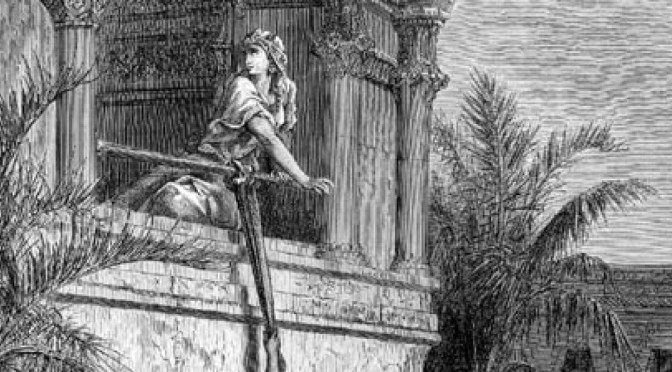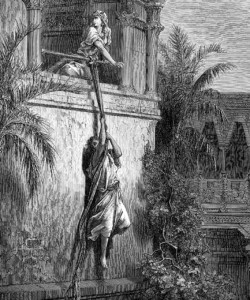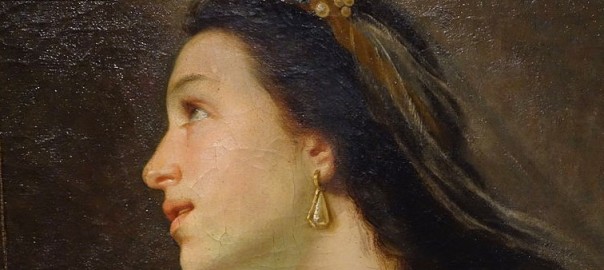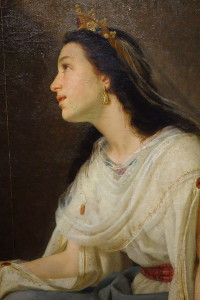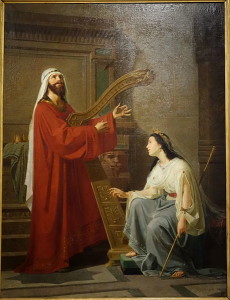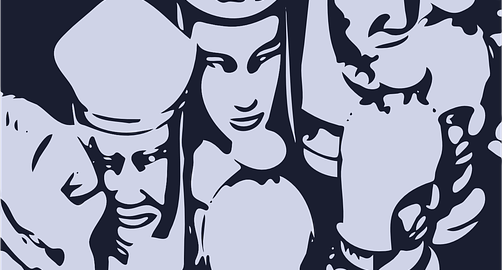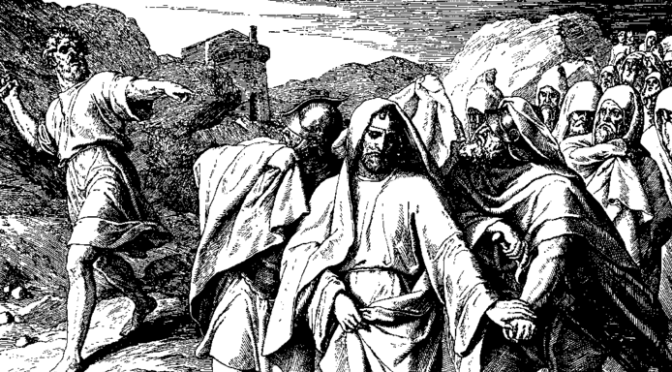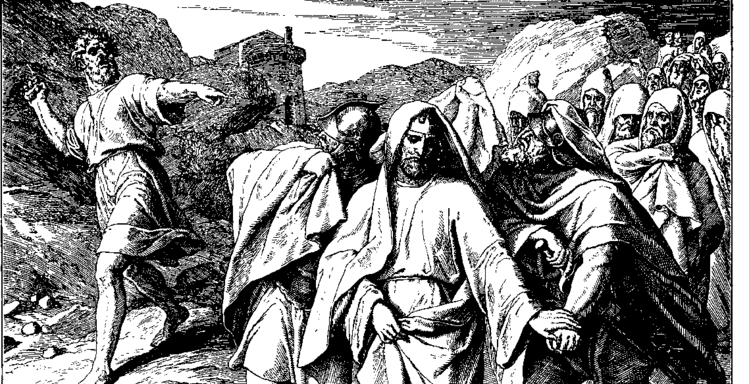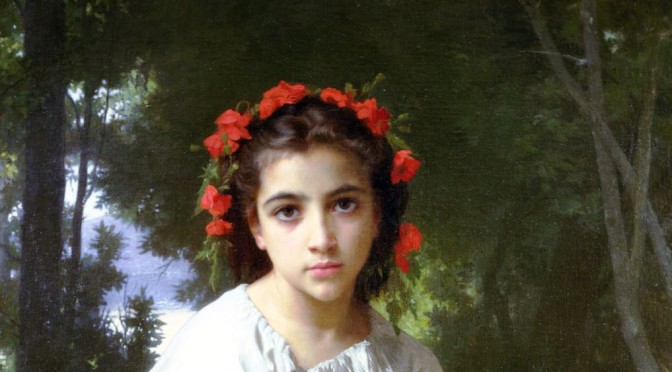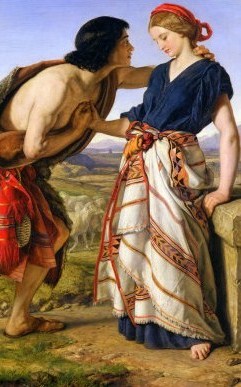After David and Goliath…
I read a fictional book and an article where it said Michal stole David from her older sister, Merab. That Michal manipulated David into marrying her. If that’s true, I actually think that deserves applause. Alas, I don’t think that’s the case. I have to say, though, that 1 Samuel 18 is a game of manipulation.
The chapter starts out with Jonathan loving David, the two making a covenant, and Jonathan demonstrating he would do whatever it took to make David king. Don’t underestimate the friendship between Jonathan and David. Between tutoring David of royal duties and training him to become a warrior king, they had to have talked about other…stuff.
Saul talked to David about marrying Merab at first. David could marry Merab if he swore his loyalty and fight for Saul. For me, David seems to be putting on an act when he responded: “What am I? and what is my life, or my father’s family in Israel that I should be the son in law to the king?”
There’s no mention of Saul pressing this matter on him, but the next verse reads: “But it came to pass at the time when Merab Saul’s daughter should have been given to David, that she was given unto Adriel the Meholathite to wife” (1 Samuel 18:17-19).
If David had a preference for either Merab or Michal, it’s likely Jonathan would know. He would know and do something about it. Or perhaps Jonathan and David discussed who would be better suited for David as a wife. Whatever the case, I’m sure Jonathan—who would save David’s life and prove that he could persuade his father—would have stepped in.
The plan for Michal to marry David could have been in action before this. Certainly, now that one of two daughters was married off, David wanted the single one for his wife and something had to happen. I believe Jonathan was instrumental in the plan.
Verse 20 sparks suspicion from two opposing sides–those who think David wanted Merab and those who think he wanted Michal. The verse reads:
“And Michal Saul’s daughter loved David: and they told Saul, and the thing pleased him.”
Yes, now that Merab was unavailable, it seems people come up suddenly and speak of Michal’s love. There were things going on behind the scenes. But I hardly believe Michal could have orchestrated this plan by herself.
Besides, we’re told already all Israel and Judah loved David. So it wasn’t as if people came forward saying, “Guess what? Your young daughter also loves David!”
That wouldn’t have been news to anyone. Surely the readers must realize this.
The verse is vague. A question that should arise is who exactly is “they”? Most likely Saul’s servants but perhaps other servants. Did Saul send them to Michal and ask if she was interested in marrying David? Or was she and possibly Jonathan plotting with them? Michal’s love was perhaps something Saul wanted to hear.
Here was Saul’s thought process and commands to his servants:
And Saul said, I will give him her, that she may be a snare to him, and that the hand of the Philistines may be against him. Wherefore Saul said to David, Thou shalt this day be my son in law in the one of the twain.
And Saul commanded his servants, saying, Commune with David secretly, and say, Behold, the king hath delight in thee, and all his servants love thee: now therefore be the king’s son in law. (1 Samuel 18:21-22)
At first David has the same reaction as he did when Saul presented the idea of marrying Merab:
And Saul’s servants spake those words in the ears of David. “And David said, Seemeth it to you a light thing to be a king’s son in law, seeing that I am a poor man, and lightly esteemed?” (1 Samuel 18:23)
Saul wasn’t about to let David go this time. Was he getting counsel from someone? If so, the whom? Perhaps Saul had made David an offer before, but David didn’t take it. I don’t think it’s a stretch to say David was being coached.
Back to the chapter and what happens after David’s passive answer:
And the servants of Saul told him, saying, On this manner spake David. And Saul said, Thus shall ye say to David, The king desireth not any dowry, but an hundred foreskins of the Philistines, to be avenged of the king’s enemies. But Saul thought to make David fall by the hand of the Philistines.And when his servants told David these words, it pleased David well to be the king’s son in law. (1 Samuel 18:24-16)
Whether David was pleased to be on his way to coming king or/and couldn’t wait to marry Michal, he doesn’t mind he could marry her. It’s kind of strange actually. He puts his whole heart in the deadly mission.
“Wherefore David arose and went, he and his men, and slew of the Philistines two hundred men; and David brought their foreskins” (1 Samuel 18:27).
Saul had no choice but to let Michal and David marry. Instead of Saul manipulating the situation, David won this battle.
Jonathan had made a covenant with David.
Now Michal also made a covenant with David through marriage. She would be a good wife.

